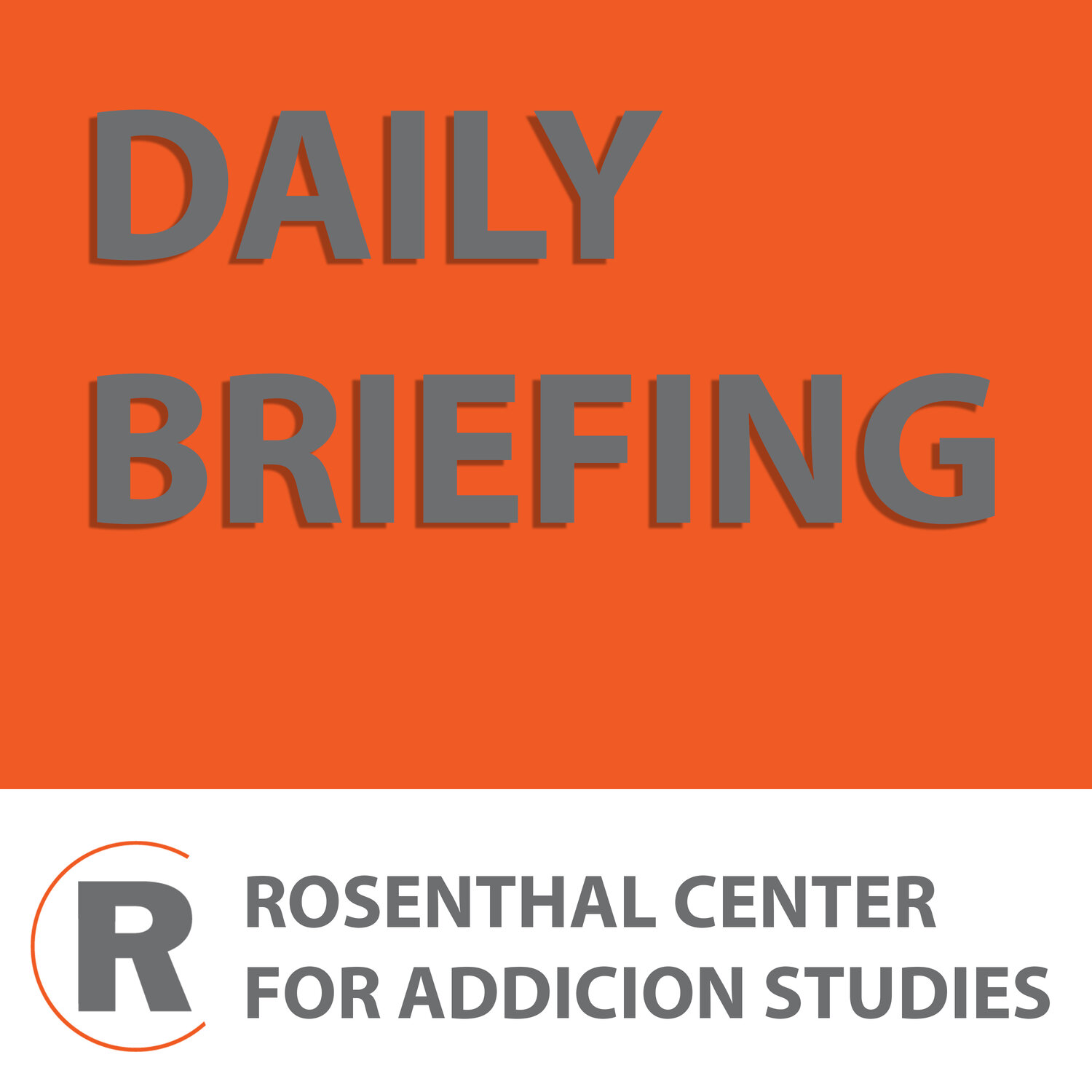The Daily Briefing 9.2.2021
Description
The bankruptcy judge overseeing the Purdue Pharma opioid litigation has approved the OxyContin maker’s proposed $4.5 billion settlement, ending a years-long legal battle and opening the way for funding to flow to states for addiction treatment and compensation to victims’ families. The controversial agreement largely absolves the firm’s founding Sackler family and shields members from any liability, and as such, it will remain among the richest families in the country. In a personal note, the judge acknowledged that the settlement was “bitter” for many involved, adding that the Sacklers had never really apologized for downplaying the addictiveness of their prescription painkiller and using aggressive marketing strategies to push sales of a drug, which, along with other opioids, are linked to the deaths of more than 500,000 Americans over the past two decades.
Payments will be made to the states and the federal government over nine years, making it easier for the billionaire Sackler family to continue to make money from investments and continued sales of other Purdue drugs, although the company will be dissolved in its current form. The amount of the settlement and the long payout period has been criticized by many states, but a majority of the plaintiffs supported the plan, reasoning that it’s the best way to pay for a problem that has only worsened during the pandemic year, in which more than 93,000 died from a drug overdose. According to the agreement, more than 130,000 individuals and victims’ families will receive between $3,500 and $48,000 each, and states will receive money from a national opioid abatement trust to be distributed to local governments.
The Purdue settlement brings to a close a portion of the thousands of lawsuits against the opioid industry, including opioid manufacturers, drug distributors, and retail pharmacy chains, accused of contributing to the epidemic. A $26 billion deal is pending with the drug distributors, and other smaller settlements are also in the process of being resolved. Funding received from the litigation is welcome and will go a long way to help states and communities expand treatment and opioid-abatement programs. But it is far too little by itself when compared to the scope and scale of the massive drug crisis facing the country.
More Episodes
More and more people are turning to medical cannabis products to alleviate mental health problems such as anxiety, depression, and insomnia—although there is little science indicating that the drug is safe and effective to treat these problems. Advocates of medical marijuana legalization have...
Published 10/28/21
Published 10/28/21
The New York Times finally weighs in on the risks to kids from marijuana edibles, noting that many teens underestimate the dangers associated with the drug. With pot legalization making pot more widely available, young people have come to believe marijuana is less dangerous creating a perfect...
Published 10/22/21


